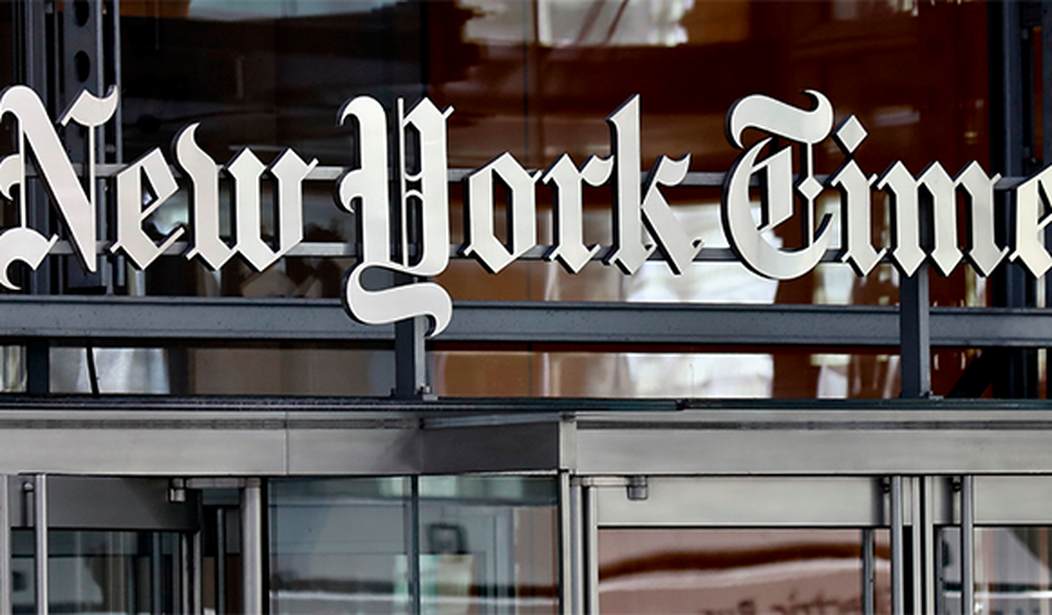There’s finally a chance that The New York Times will be held accountable for lying to the American people.
The Trump campaign just filed a lawsuit against the Times for a 2019 article that falsely claimed the campaign had “an overarching deal” with “Vladimir Putin’s oligarchy” to “help the campaign against Hillary Clinton” in exchange for “a new pro-Russian foreign policy, starting with relief from the Obama administration’s burdensome economic sanctions.”
The Times peddled a wild, baseless conspiracy theory, yet the author, who spent nearly a decade as the Times’s executive editor, simply presented his politically-motivated assumptions as unassailable fact. It was a classic example of the “collusion delusion” that gripped the political left throughout the first two-and-a-half years of the Trump administration.
The newspaper’s editors had to have known that the shocking allegation was false — not to mention defamatory — but they published the article anyway because they couldn’t resist taking yet another shot at the Trump campaign. Not only did the Times ignore evidence contradicting the statements it published, but according to the lawsuit, it did so without even bothering to reach out to the campaign for comment.
This failure to even attempt to verify its reporting is particularly damning for the Times, demonstrating its neglect of the most rudimentary rules of responsible journalism in its rush to publish this hit piece.
To be clear, this is not merely a case of irresponsible journalism, nor are the claims in question a matter of opinion. The First Amendment guarantees the press expansive protections as they gather and publish news — and rightly so. But the press freedoms enshrined in the First Amendment do not protect willfully defamatory speech, even against public figures. By intentionally publishing false statements, The New York Times misled its readers and broke the law.
Considering that the Times has never issued a retraction or taken any other step to set the record straight regarding the March 27, 2019 piece, the Trump campaign had no choice but to bring this transgression to the attention of the courts — and the American public.
Recommended
Fake news is an existential threat to our republic, which depends on an engaged and well-informed citizenry capable of making rational decisions based on the facts at hand. The New York Times has been among the most prominent purveyors of fake news, but this lawsuit is not about the paper’s deep-seated bias against President Trump; it’s about specific libelous assertions about the Trump campaign, authored by a known partisan with the purpose of influencing the outcome of an election.
Media outlets have every right to hold a political bias — even if, like the Times, they proclaim themselves to be “objective” — but they don’t have the right to deliberately promulgate falsehoods in furtherance of that bias.
The Trump campaign’s lawsuit serves as a much-needed and timely reminder to the media that there can be consequences for lying to the American people.
























Join the conversation as a VIP Member